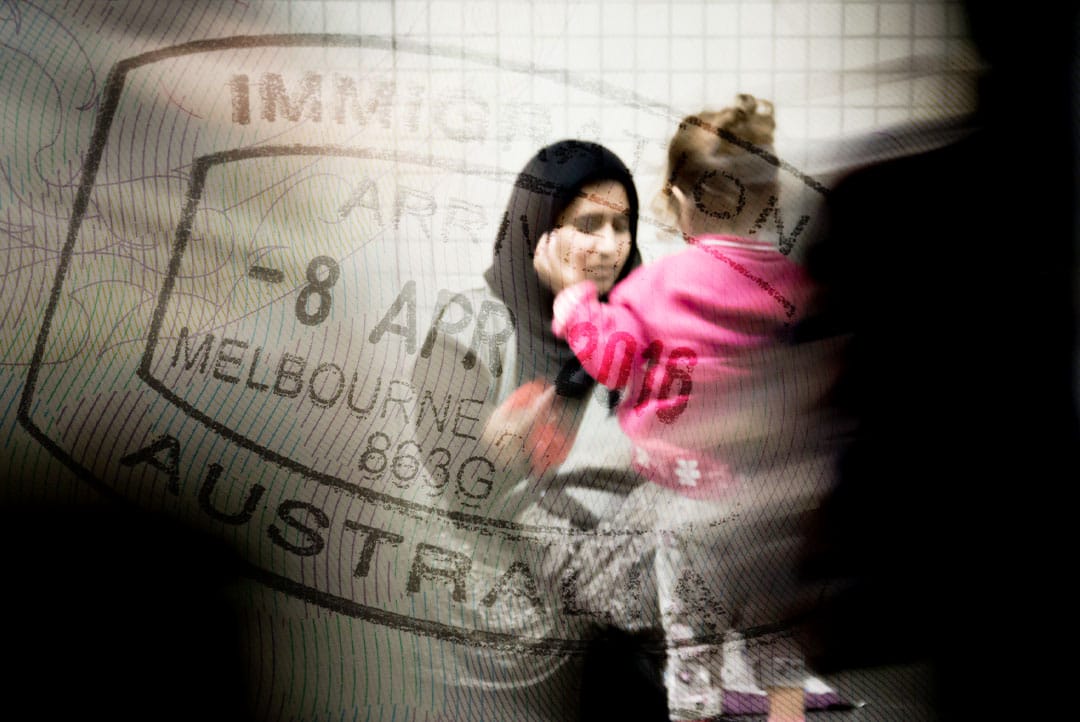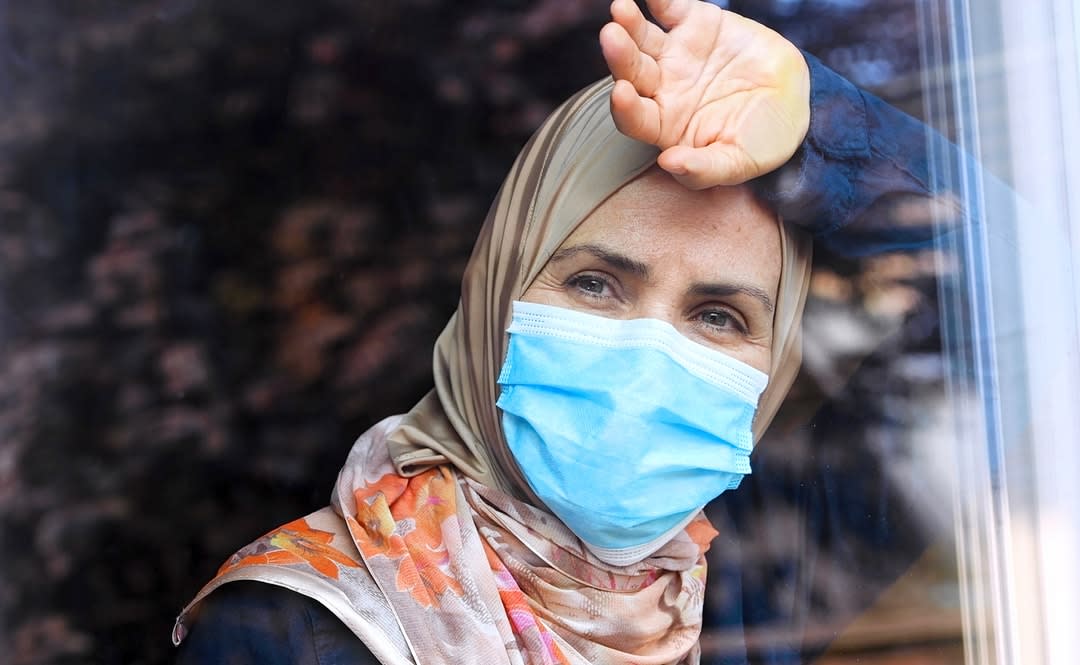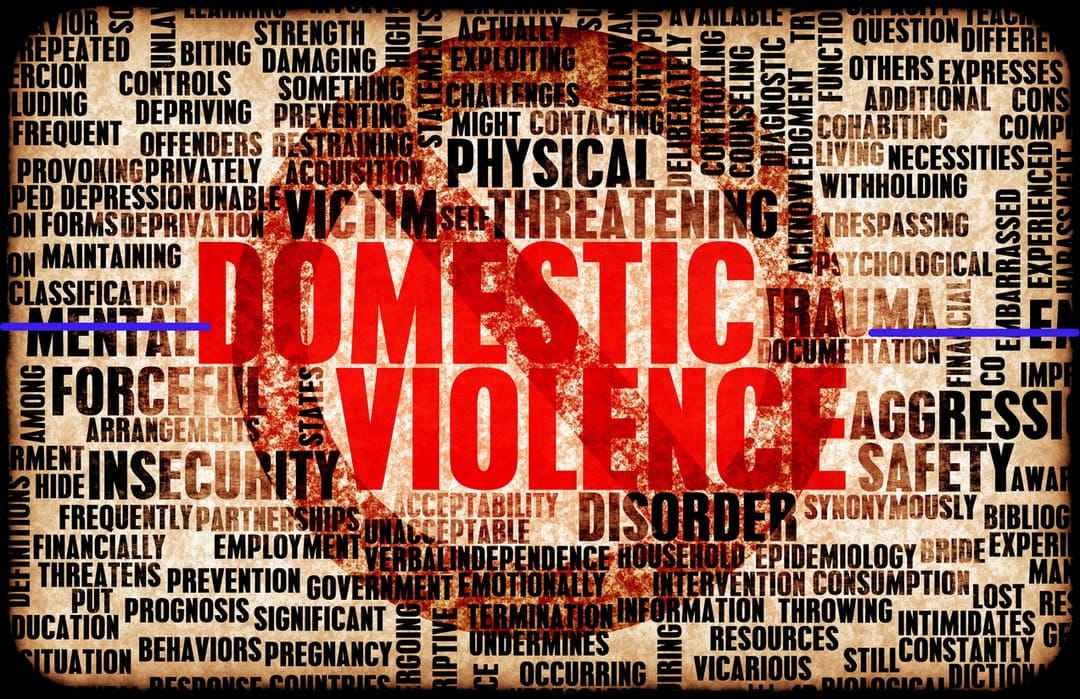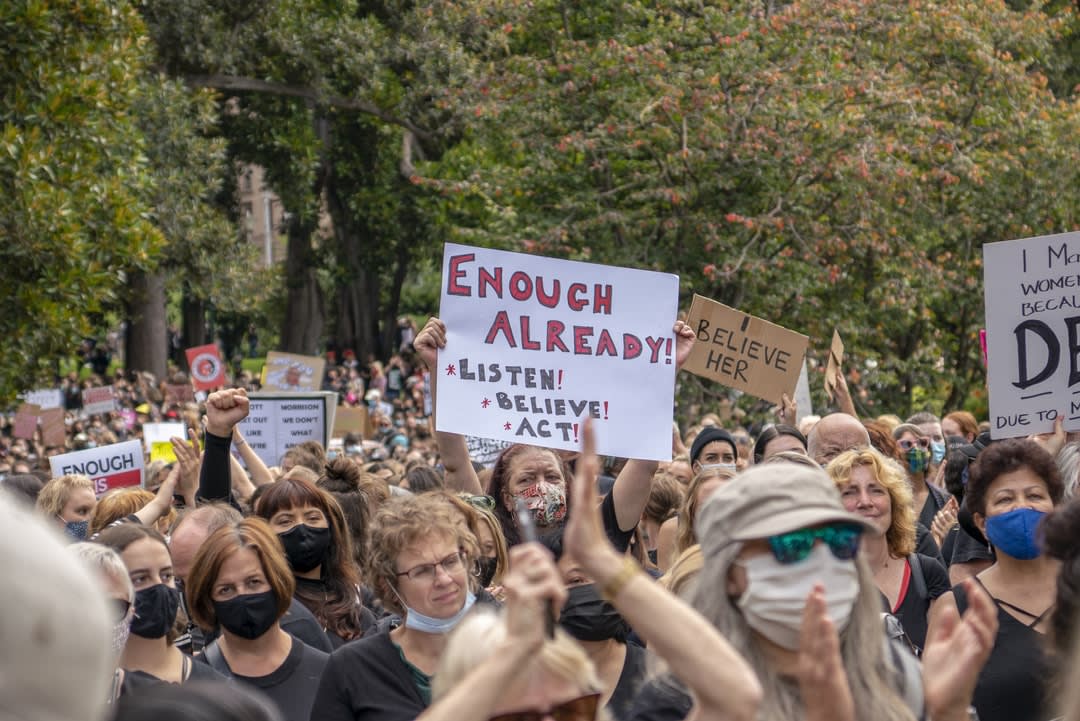
Much has been made of the focus on women and safety in the 2021-22 federal budget. More than $1 billion is being spent on it, and while this may be welcome, it’s also been criticised as falling short.
Let’s focus on one priority group in the area of women’s safety: temporary visa holders.
In late December 2020, the Women’s Safety Taskforce identified temporary visa holders as a priority group in responding to family violence and women’s safety.
In April 2021, the Minister for Families and Social Services, and the newly-appointed Minister for Women’s Safety, Anne Ruston, announced a A$10 million investment to establish the Temporary Visa Holders Experiencing Violence pilot program.
In making the funding announcement, Ruston said it reflected a concern to ensure that “no matter what a woman’s visa status may be, she is able to access help and support when needed, and stay safe from violence and abuse”.
The pilot program provides a one-off payment of up to $3000 to temporary visa holders experiencing domestic and family violence. In addition, it will finance nine community and women’s legal centres “to help women in this challenging situation access legal assistance and migration support”.
In the 2021-22 budget, it was announced that this 12-month pilot project would now be funded for three years.

But short-term, one-off funding will not fix the problem of female temporary visa holders experiencing domestic and family violence.
This measure isn’t focused on women’s safety. Why? Because it doesn’t address the fundamental systemic issues that lead these vulnerable women, and lock them, into danger.
This is a piecemeal support mechanism that doesn’t mention the need for systemic change and full reform of welfare, legal and migration systems, as detailed in the Blueprint for Reform: Removing Barriers to Safety for Victims/Survivors of Domestic and Family Violence who are on Temporary Visas.
What, then, to say in response to some funding being promised?
Potentially, the best or only response is to be grateful and to work with those implementing Ruston’s funding model.
Indeed, a significant challenge when such funding is announced is decrying the fact that it’s either not enough and/or not really the solution to the issue – this suggests you might be against the funding.
But it’s important to put this investment in context to be clear that this funding does not ensure what the minister committed to – that women, regardless of their visa status, can access the help and support they need to stay safe.
How do we know this?
At the same time this funding is coming into effect, the government is reviewing submissions to two proposed changes to its partner visa program that would effectively reduce access to permanency and ensure that temporary visas holders have very little support in Australia.
One is the introduction of an English language proficiency threshold, the other a change to the sponsorship framework to disallow potential sponsors with criminal convictions to sponsor someone on a partner visa.
These measures risk further excluding migrant women on temporary visas from support and safeguards.
Australia provides very few safeguards for women experiencing family violence who hold temporary visas. Only women who hold partner visas who are on a pathway to permanency have access to a safety net, the Family Violence Provisions.
Many thousands of women who don’t hold a partner visa (such as student, visitor, working holiday visa holders and others) have no access to this safety net, and have limited access to financial, Medicare, housing and welfare support because of their visa status.
This has been documented in my research, as well as in inquiries such as the Victorian Royal Commission into Family Violence, and the more recent federal inquiry into family, domestic and sexual violence.

Putting up barriers
The introduction of an English proficiency requirement has been noted elsewhere as creating a barrier for women, rather than supporting and encouraging greater access to English-language skills. Such a measure is not going to increase women’s safety.
The changes to sponsorship approval are also likely to increase temporary visa holders’ insecurity.
The implicit idea is that if women are in relationships with men who have a criminal record, they should be provided with this information, and it should be grounds for refusing sponsorship.
There are many concerns about this approach.
First, there’s no acknowledgement that women are in relationships when an application to sponsor a partner visa is submitted. They may have children together, shared finances and intertwined lives. They may already be married.
The denial of the sponsorship application does not change this. But what it does is ensure that women who are with men who are denied the right to sponsor women because of their criminal record, are also denied access to the safety net afforded those on a partner visa.
Second, the proposals include no commitment or information regarding how they intend to support women who are in these circumstances. The consequence of this structural exclusion from support is that power and control remains in the hands of perpetrators of violence.
Read more: No action without numbers? Temporary migration, family violence and inaction
Australia has for some time been reckoning with violence against women in specific and detailed ways. We’ve recognised the harm in workplace culture, the specific impacts and experiences of Indigenous women, and we’ve taken to the streets to march against this violence.

A key critique of the budget, which was committed to a focus on women’s safety, is that it’s failing to prioritise the significant and important reform work required to address ongoing systemic harm.
Earlier this year, activist Grace Tame, the 2021 Australian of the Year, and advocate for survivors of sexual assault, warned us to beware of calculated distractions posing as solutions.
It’s worth remembering this as we push for reform that’s led by a deeper understanding of the systemic issues facing women who are experiencing family violence and domestic abuse, and this includes temporary visa holders.





